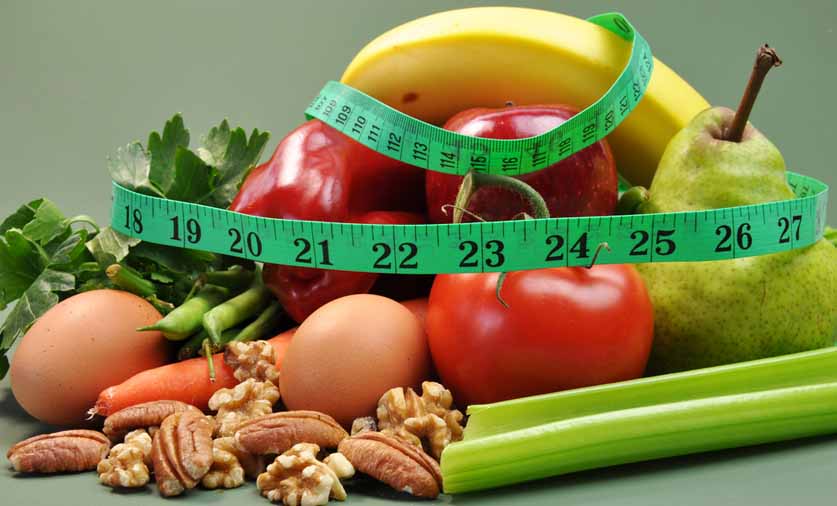So much has been said and even written about plastic surgery. It does not come as a surprise that it is one of the most advanced fields in medicine. It gets better with the fact that plastic surgery, whether for aesthetic or purely medical reasons, is often discussed in detail before one goes under the blade. This reduces the chances of one making uninformed and rash decisions. The outcome is more often than not, an attractive body – one that elevates self-esteem and boosts confidence. Unknown to most people though, there is always a need for proper diet before and after plastic surgery. Here’s all you need to know about the right diet before and after plastic surgery.
Why the Right Plastic Surgery Diet Is Important
Any form of plastic surgery, even the most benign, will stress your body. What you eat is therefore vital as far as how quickly or slowly your body heals. Some habits like smoking and excessive indulgence in alcohol will only counter the healing process.
Before Surgery
Your body responds to surgical stress by increasing the presence of free radicals. The radicals can then cause tissue damage or retard the healing process. To prevent this, supplement your diet with a wide range of antioxidants like selenium, vitamins A and C and manganese. This should be easy give that supplements to the aforesaid nutrients are can be bought over the counter or even online. This should however be done with the approval of your surgeon. Be sure to also eat lots of fruits and fresh vegetables. Lastly, drink at least 64 ounces of water a day.
After Surgery
You will need up to five times as many nutrients as you were used to before cosmetic surgery. This will go a long way to foster a quick healing and prevent infection. Bland, tender and easily digested foods should be eaten in plenty for up to 72 hours after an invasive plastic surgery. Foods that are rich in mono-saturated fats are highly recommended. Avocado, blueberries, sour cherries and any meal with ingredients that are anti-inflammatory should always be on your diet.
Foods that contain trans-fats and saturated fats or refined sugars should be avoided as already mentioned. This does not mean though that you should keep them off completely. Just be sure to enjoy them at least a week after surgery. The last thing you want is a slow recovery period, so be keen on what you eat or drink.
What To Leave Out in Your Diet
By all means reduce your salt intake. Then avoid sugar as much as you can. Meals that are rich in carbs and refined sugar will suppress your immune function and make you prone to inflammation. One week before surgery, avoid supplements and foods that can inhibit anesthesia, healing, and blood clotting. Omega 3c for instance, is known to increase bleeding time. The same can be said about vitamins K, B and D. Green tea, ginger, cayenne, eggplant, ginkgo and garlic can also have a negative impact on bleeding time, anesthesia and clotting. The best you can do is reduce their intake or avoid them altogether.
